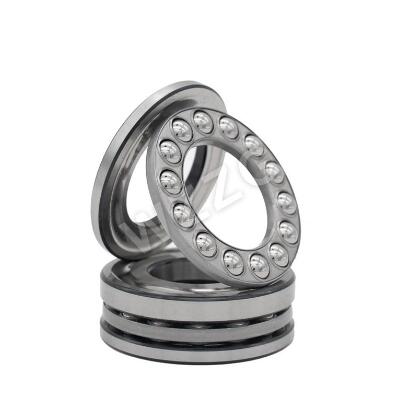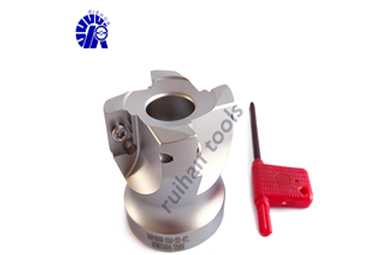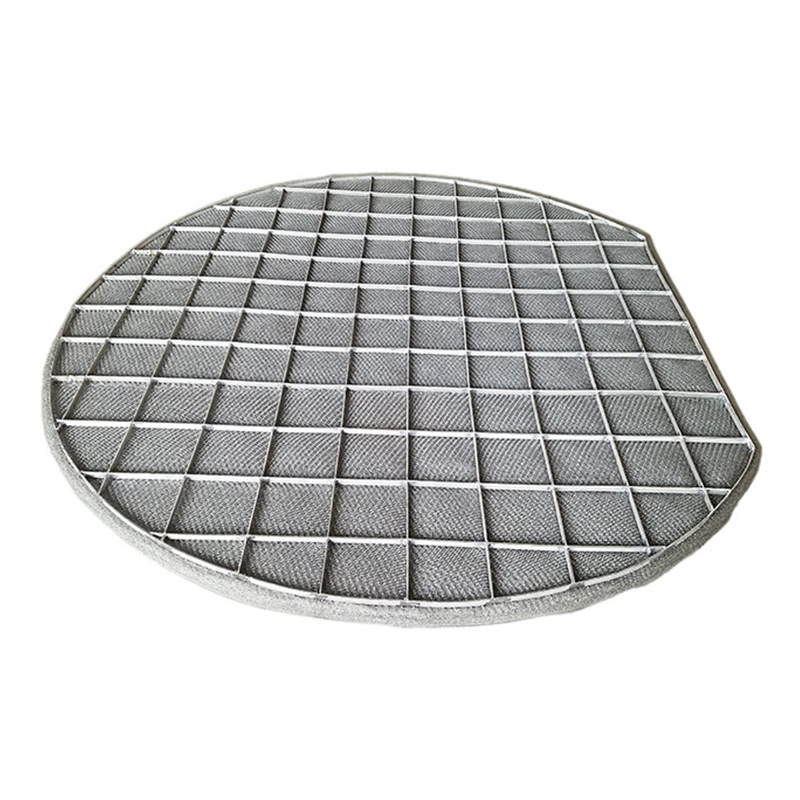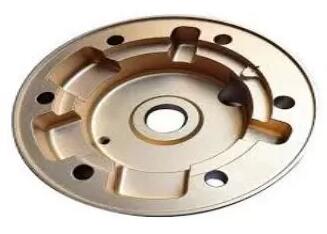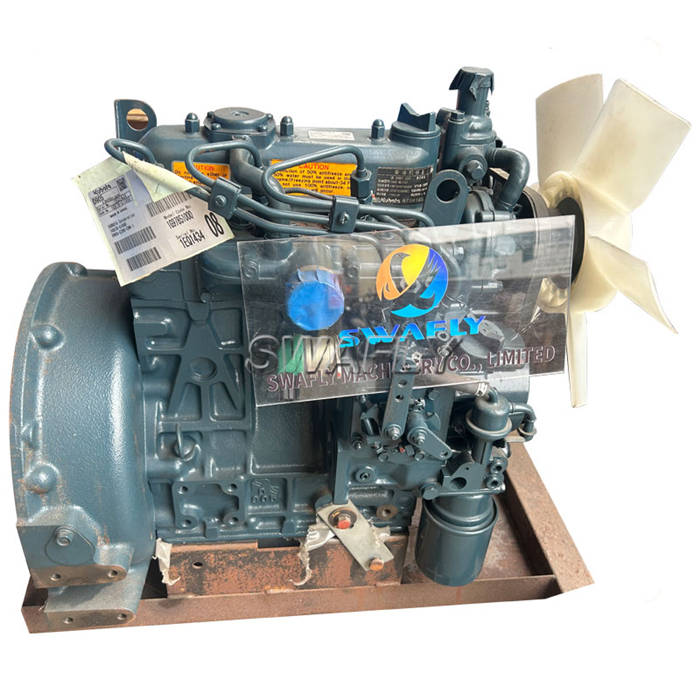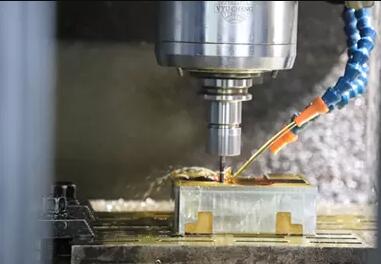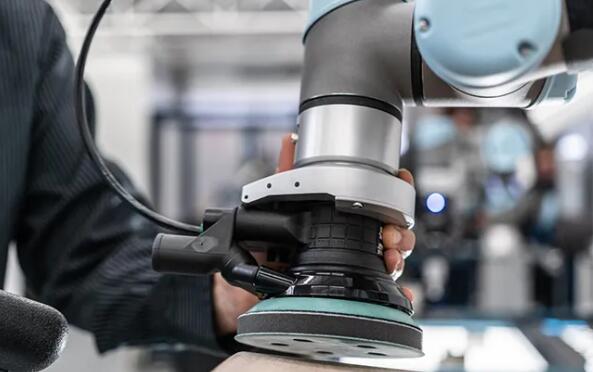4 Tips to Select an Aluminum Smelting Furnace Efficiently
If you want to learn more, please visit our website SGB.
Understand Your Production Needs
Selecting the right aluminum smelting furnace starts with a clear understanding of your production requirements. Assess the quantity of aluminum you aim to produce and consider the purity levels necessary for your end products. Evaluate the specific alloying elements you plan to use, as this impacts the type of furnace you should choose. If your production capacity and requirements are not carefully analyzed, you may face inefficiencies, excess energy consumption, or even costly downtimes. Calculating these factors will guide you towards selecting a furnace that meets your operational needs without overspending.Evaluate Energy Efficiency
Energy consumption is a significant factor in the operational costs associated with aluminum smelting. Therefore, it's imperative to choose a furnace that maximizes energy efficiency while minimizing waste. Look for furnaces equipped with advanced technology, such as regenerative burners or heat exchangers, which can substantially reduce energy consumption. Additionally, consider the type of fuel used; electric furnaces tend to be more efficient for certain operations, while gas-powered options might be advantageous in others. Analyzing the energy efficiency ratings and operational costs will help you make a more informed decision that aligns with your budget and sustainability goals.Consider the Size and Scale of the Furnace
The size and scale of the aluminum smelting furnace should correlate with your operational capacity. A furnace that is too large can lead to unnecessary energy consumption and increased operational costs, while a smaller furnace may not meet your production needs. Take into account factors such as space availability, expected production volumes, and future expansion plans. It’s essential to strike a balance between current requirements and potential future growth. Conducting a thorough analysis can prevent the common pitfall of acquiring a furnace that doesn't accommodate your facility's long-term objectives.Assess Technological Advancements
In today's fast-paced industrial landscape, having up-to-date technology is crucial for maintaining competitiveness. When selecting an aluminum smelting furnace, consider the technological features available. Factors such as automation, monitoring systems, and advanced control mechanisms can significantly improve your operations. Technologies like automated feeding systems and real-time data analytics can enhance production speed, efficiency, and safety. Additionally, look for options that offer easy maintenance and can be upgraded or modified as technology evolves. Investing in modern technology can lead to long-term benefits, including lowered operational costs and increased production output.In conclusion, selecting an aluminum smelting furnace requires careful consideration of various factors, including production needs, energy efficiency, size, and technological advancements. Taking the time to thoroughly analyze these aspects can lead to a more informed decision, resulting in a furnace that meets your operational goals efficiently. For more guidance or assistance in selecting the best aluminum smelting furnace for your facility, feel free to contact us.Recommended article:How Does Lithium Extraction Process Work?
Comparison between Air Cooled and Water Cooled Water Chillers
How Do Commercial Heat Pumps Work?
Air to Water Heat Pump: Revolutionizing Heating Systems
How Often Should I Inspect My High Pressure Lined Slurry Pump?
What is Parking Air Conditioning?
How Do Showerhead Spray Patterns Work?
If you want to learn more, please visit our website Alumina Refinery Pump bulk.
Recommended article:How to Choose Faucet Washer Sizes?
Maximize Performance with Disc Springs for Ball Bearings
Maximizing Performance: Disc Springs for Ball Bearing Solutions
Where is tyre coupling used?
How to Achieve Gear Coupling Reliability
How Reliable Are Caterpillar Diesel Engines?
What are the main three functions of a directional control valve in a hydraulic circuit?


